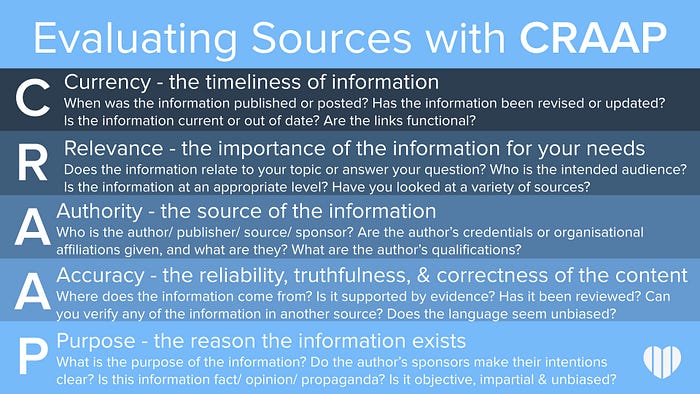
Spring 2025 Semester Hours
Monday - Thursday: 8:00 am - 10:00 pm
Friday: 8:00 am -5:00 pm
Saturday: Closed
Sunday: 6:00 pm - 10:00 pm

Front Desk
903-927-3272
Mrs. Elizabeth Bradshaw
Director of Library Services
903-927-3275
Summary of Civil and Criminal Penalties for Violation of Federal Copyright Laws Copyright infringement is the act of exercising, without permission or legal authority, one or more of the exclusive rights granted to the copyright owner under section 106 of the Copyright Act (Title 17 of the United States Code). These rights include the right to reproduce or distribute a copyrighted work. In the filesharing context, downloading or uploading substantial parts of a copyrighted work without authority constitutes an infringement. Penalties for copyright infringement include civil and criminal penalties. In general, anyone found liable for civil copyright infringement may be ordered to pay either actual damages or “statutory” damages affixed at not less than $750 and not more than $30,000 per work infringed. For “willful” infringement, a court may award up to $150,000 per work infringed. A court can, in its discretion, also assess costs and attorneys’ fees. For details, see Title 17, United States Code, Sections 504, 505. Willful copyright infringement can also result in criminal penalties, including imprisonment of up to five years and fines of up to $250,000 per offense. For more information, please see the website of the U.S. Copyright Office at (www.copyright.gov).
Brainstorm for synonyms and related search terms.
You will need to translate these terms to keywords later when you are searching databases for articles and sources. Even if a combination of words works well in one database, you may have to change keywords to find results in another database.
|
Concepts: |
first generation |
socioeconomic |
race |
|
Related terms: |
first gen |
household income |
national origin |
|
first in family |
social hierarchy |
ethnic group |

Evaluate your sources using the 5 W's:
CRAAP is an acronym for Currency, Relevance, Authority, Accuracy, and Purpose. Use the CRAAP Test to evaluate your sources.

Currency: the timeliness of the information
Relevance: the importance of the information for your needs
Authority: the source of the information
Accuracy: the reliability, truthfulness, and correctness of the content
Purpose: the reason the information exists
Search databases using keywords, such as concepts or subject phrases, that are linked together by and, or, not used to to identify articles and sources. Once you have identified your topic, selecting your keywords is pretty simple.
1. Divide your topic into parts.
In the question, "How do the experiences of first-gen students compare based on socioeconomic status or race, ethnicity, culture, background?" The concepts are: First-generation students, socioeconomic status, race, ethnicity, culture.
2. Follow the database-specific language.
As you do your searching, keep track of the words that appear in the detailed descriptions, or records, of your results list in the fields that will be labeled with headings such as subjects, descriptors, or subject headings. These synonyms and related terms are the specific vocabulary used to describe your search term in that database or discipline. Using these in your search can often improve your search results by making it more accurate and efficient/less time.

Keywords: social media, candidate preference, 2016 US presidential election
Most library databases have search tools built in. Try some of these:
Look on the left and right of your search results, or for an "advanced search" page to find these tools - and more!
Academic Integrity has three main principles:
In the Wiley College Handbook, activities that go against academic integrity is considered academic dishonesty. Academic dishonesty is discussed within the Student Handbook under Section X, Student Code of Conduct, Sub-Section 4.02. The text reads:
Academic Dishonesty - Cheating and plagiarism will not be tolerated in any form. Examinations and assignments are employed to encourage learning and judge its quality. To evaluate this with justice and fairness, it is necessary that they be executed with complete honesty. Persons, who are guilty of cheating or plagiarism, as defined below, will be subject to probation, suspension, or expulsion.
Potential judicial sanctions for violation of the Student Code of Conduct are: admonishment, community service, fines, probation, loss of privileges, pre-hearing suspension, research assignments, restitution, seminar/workshop participation, suspension, and/or expulsion.
As you can see, academic integrity is very important. Violating one’s academic integrity will affect your academic and professional career at and beyond Wiley College.
References
Lipson, C. (2004). Doing honest work in college: How to prepare citations, avoid plagiarism, and achieve real academic success. Chicago, IL: University of Chicago Press






